A politician thinks of the next election; a statesman thinks of the next generation
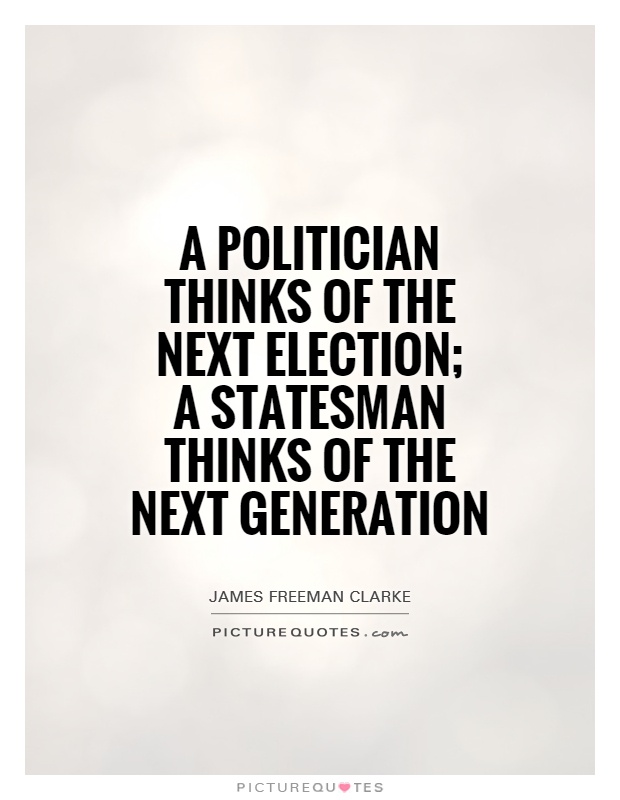
A politician thinks of the next election; a statesman thinks of the next generation
James Freeman Clarke, a prominent American theologian and social reformer, once famously said, "A politician thinks of the next election; a statesman thinks of the next generation." This quote encapsulates the fundamental difference between a politician and a statesman, highlighting the contrasting priorities and perspectives of the two roles.Politicians are often driven by short-term goals and the desire to win elections. Their decisions and actions are frequently influenced by the need to appeal to voters and secure their support. As a result, politicians may prioritize policies that are popular in the moment, even if they are not in the best long-term interests of the country or its citizens. This focus on immediate gratification and short-term gains can lead to a lack of foresight and a failure to address pressing issues that may have long-lasting consequences.
In contrast, a statesman is guided by a broader vision and a deep sense of responsibility towards future generations. Statesmen are committed to making decisions that will benefit society as a whole in the long run, even if they are not politically expedient in the short term. They prioritize the well-being of the nation and its citizens over personal gain or popularity, and are willing to make difficult choices that may not be immediately popular but are necessary for the greater good.
James Freeman Clarke's quote underscores the importance of leadership that transcends the constraints of partisan politics and self-interest. It calls for leaders who are willing to look beyond their own tenure in office and consider the impact of their decisions on future generations. By prioritizing the long-term welfare of the country and its people, statesmen can leave a lasting legacy of progress and prosperity that extends far beyond their time in office.

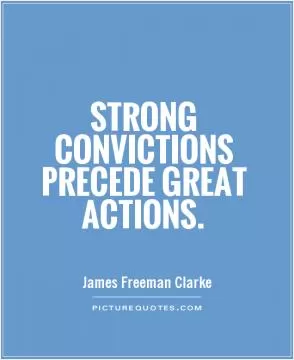
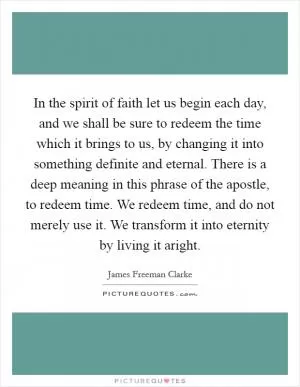



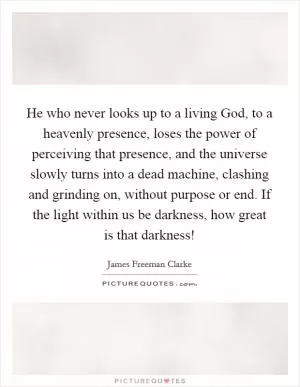
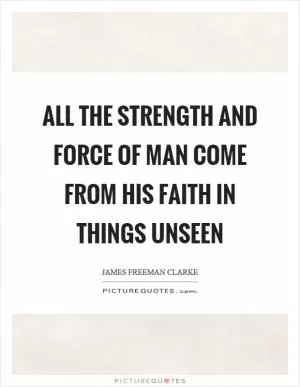
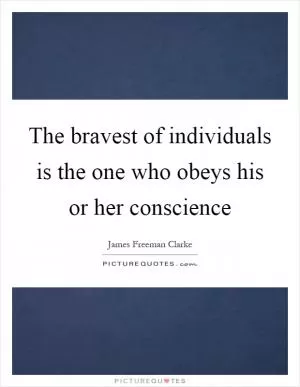


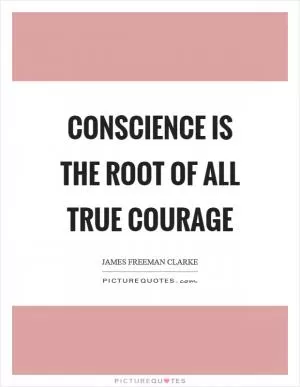
 Friendship Quotes
Friendship Quotes Love Quotes
Love Quotes Life Quotes
Life Quotes Funny Quotes
Funny Quotes Motivational Quotes
Motivational Quotes Inspirational Quotes
Inspirational Quotes